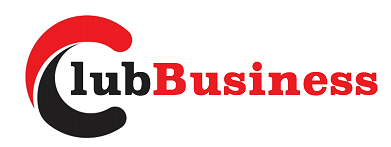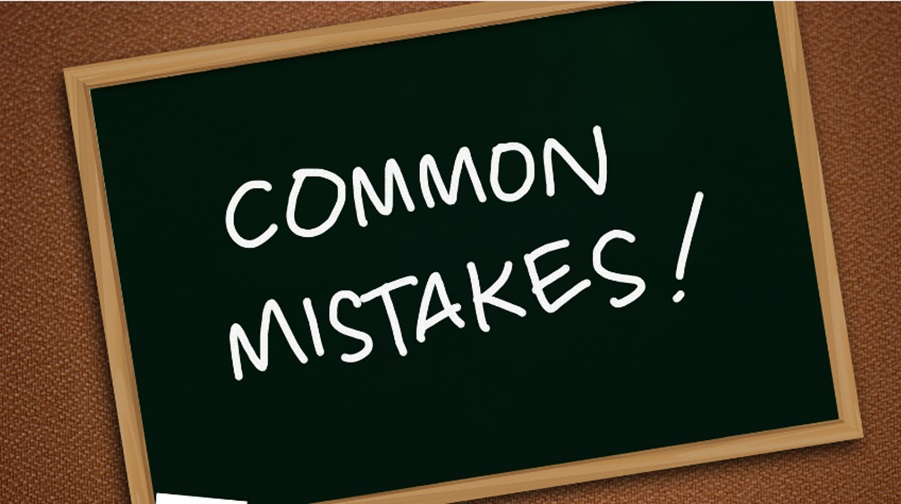As an inventor, getting help for your invention can be a crucial step towards bringing your idea to life and turning it into a successful product. However, seeking invention help can also come with its own set of challenges and potential pitfalls. In this article, we will discuss five common mistakes that inventors make when seeking invention help and how to avoid them.
- Not Protecting Your Idea
One of the biggest mistakes inventors make when seeking invention help is not taking the necessary steps to protect their ideas. Before sharing your invention with anyone, it is important to legally protect it through patents, trademarks, or copyrights. This will ensure that your idea remains confidential and cannot be stolen by anyone else.
Tip: You may also consult a reputable agency for idea invention help to guide you through the legal process and ensure that your idea is properly protected. They will also be able to advise you on the best way to protect your invention based on your specific needs and goals.
- Not Doing Enough Research
Another common mistake is not doing enough research before seeking invention help. It is essential to thoroughly research the market, potential competitors, and existing patent databases to ensure that your idea is truly unique and has the potential for success. This will also help you better understand your target audience and potential customer base, which can be beneficial when seeking funding or partnerships.
Tip: Conducting market research and competitive analysis can also help you identify any potential flaws in your invention or areas for improvement before seeking outside help. This will save you time, money, and frustration in the long run.
- Choosing the Wrong Type of Help
When seeking help with an invention, it is important to choose the right type of help for your specific needs. There are various options available such as invention companies, patent attorneys, and crowdfunding platforms. It is crucial to carefully evaluate each option and choose the one that best aligns with your goals and budget.
Tip: Seek recommendations from other inventors or do thorough research on the reputation and track record of any potential invention help providers before making a decision.
- Not Having a Clear Plan
Having a clear plan is essential when seeking help with an invention. This includes having a detailed business plan, marketing strategy, and financial projections. Without a solid plan in place, it can be difficult to effectively utilize any outside help you may receive and bring your invention to market successfully.
Tip: Consider seeking the guidance of a business mentor or coach who can help you develop a solid plan for your invention and provide valuable insight and advice along the way.
- Not Communicating Effectively
Communication is key when seeking invention help. It is important to clearly and effectively communicate your ideas, goals, and expectations with any potential help providers. This will ensure that everyone is on the same page and working towards the same goals.
Tip: Keep open lines of communication throughout the invention process, and don’t be afraid to ask questions or provide feedback. Effective communication can lead to a more successful and efficient partnership.
In Conclusion
Seeking invention help can greatly benefit inventors, but it is important to avoid these common mistakes in order to have a successful and fulfilling experience. You can also read this blog to learn about the process of invention. Remember to protect your idea, do thorough research, choose the right type of help, have a clear plan, and communicate effectively for the best chance of turning your invention into a reality.

